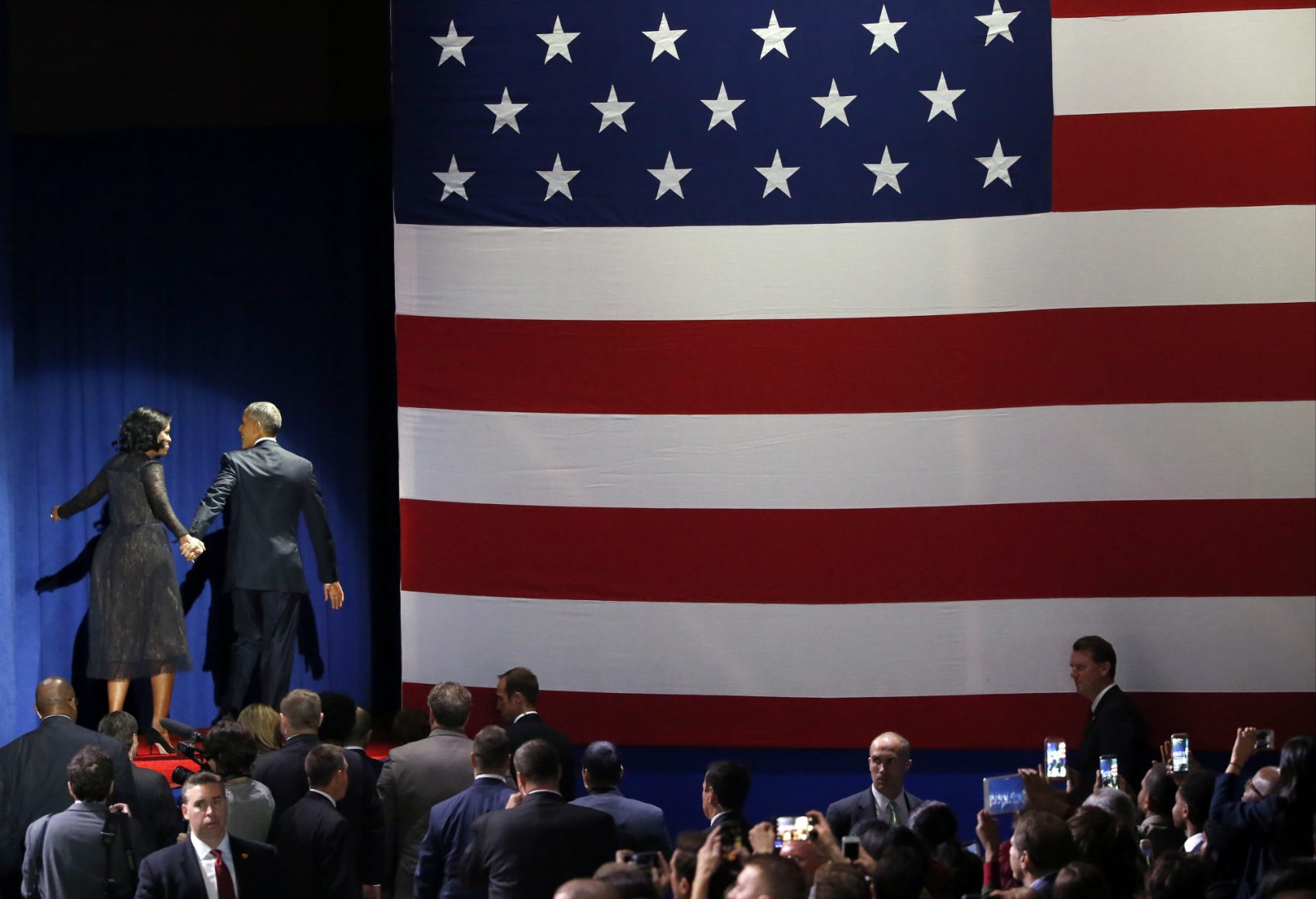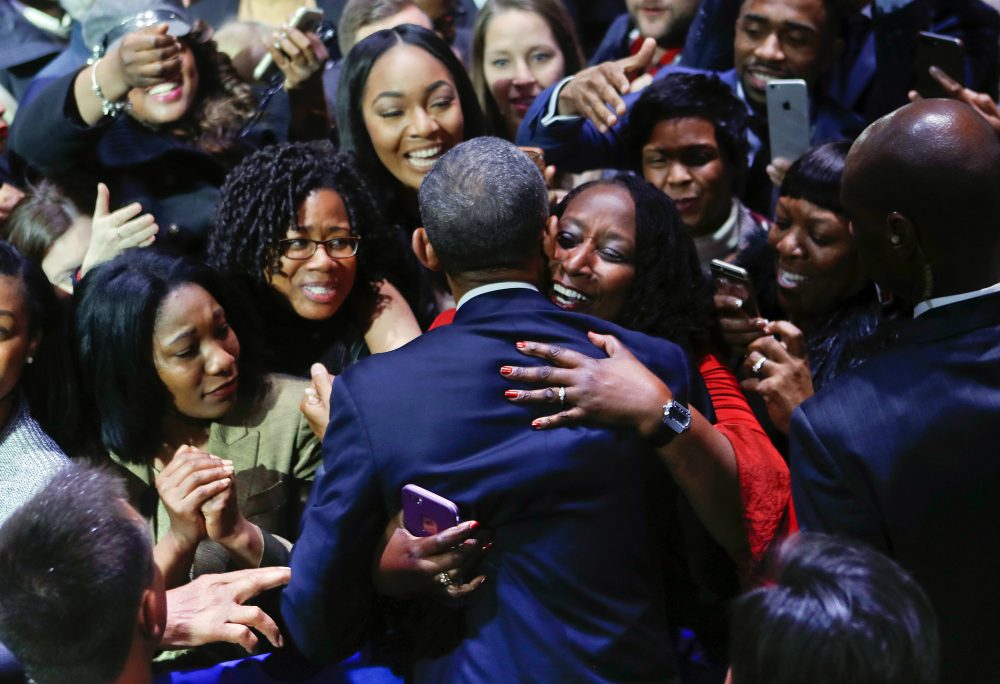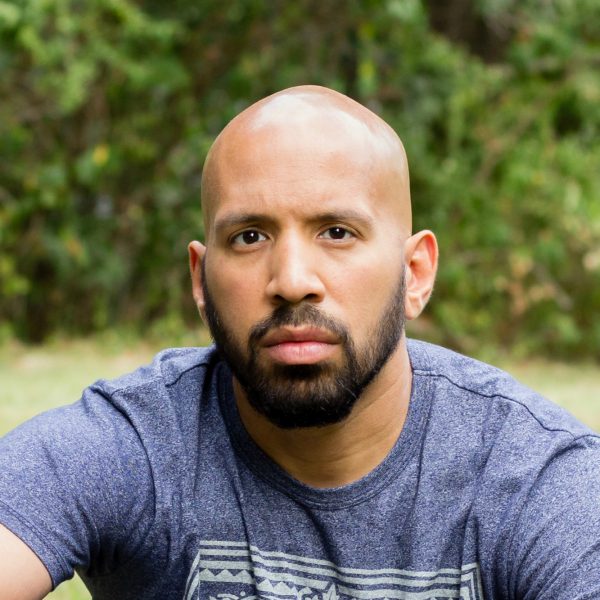Advertisement
Going High: The Trouble With Barack And Michelle Obama's Big Ask

COMMENTARY
Dear President Obama,
Not long before the night you said farewell, when you asked us once more to believe, the first lady gave us another mantra: When they go low, we go high.
It’s getting to be a pretty big ask.
Because the way I see it, it’s what we’ve always done. My father, his parents and their parents had shown us how, their bodies and hearts still bearing the scars of a time barely more than a generation removed. They walked the high road until their feet bled, until that treacherous, unsteady ground had been leveled, because they knew that not even voting rights and civil rights meant equal rights. They knew their children would have to walk that high road again.
Then you came along.
The high road you want us to travel is treacherous once more, beset on all sides by those who would seek to bring us low.
You asked us for something different: hope and change, and you gave us the courage to believe in both. But when you won, before you became the 44th president, you became the first black president. Your supporters exclaimed it and your detractors lamented it.
Before you were the leader of the free world, you were black, and it mattered, in the ways it should and the ways it shouldn’t. It was the reason we said you didn’t do enough for the black community, just as much as it was the reason the man who follows you but cannot fill the space you leave behind challenged the legitimacy of your birth certificate.
Yet you handled it all with a grace and dignity the likes of which few had seen. So when you won again, we got comfortable. Put our feet up.
And we got caught slipping.

Our glasses slid down the bridge of our nose, and the borders of that racism got a little fuzzy. We let ourselves believe we weren’t seeing it as clearly as we once were. Oh, it was still there, we said, despite the incessant refrains of post-racial America, but maybe it was a little harder to see. The edges a little softer.
But it wasn’t the edges. It was us.
While we slept, he ascended to meet his low road. Now, each morning’s news cycle brings headlines and quotes more surreal than the man making them: President-elect Donald J. Trump.
What follows is your tenure as reflected in a funhouse mirror. Dignity replaced by disgrace. Humility by hubris. Unity by division. Truth by lies.
Does going high mean we must continue to turn the other cheek, look the other way while progress is undone? Healthcare first. A woman's right to choose. Our right to wed. Can water fountains and seats on the bus be far behind?
What will it take for us to stop turning our heads and face forward?
Going high needs to mean more. We cannot allow it to mean that we will back down, be passive, “give him a chance.”
It’s time to create a collective voice so loud that it defies the president-elect’s defiance of our ability to unify.
It’s time to create a collective voice so loud that it defies the president-elect’s defiance of our ability to unify. To stop talking about post-racial America and actually create it, by finding the commonalities in that against which we struggle; the imminently real possibility that the rights we deem so inalienable are slipping away.
You asked us to believe in our ability to bring about change, the way we believed in yours. The high road you want us to travel is treacherous once more, beset on all sides by those who would seek to bring us low. Can we do it?
Yes, we can.
